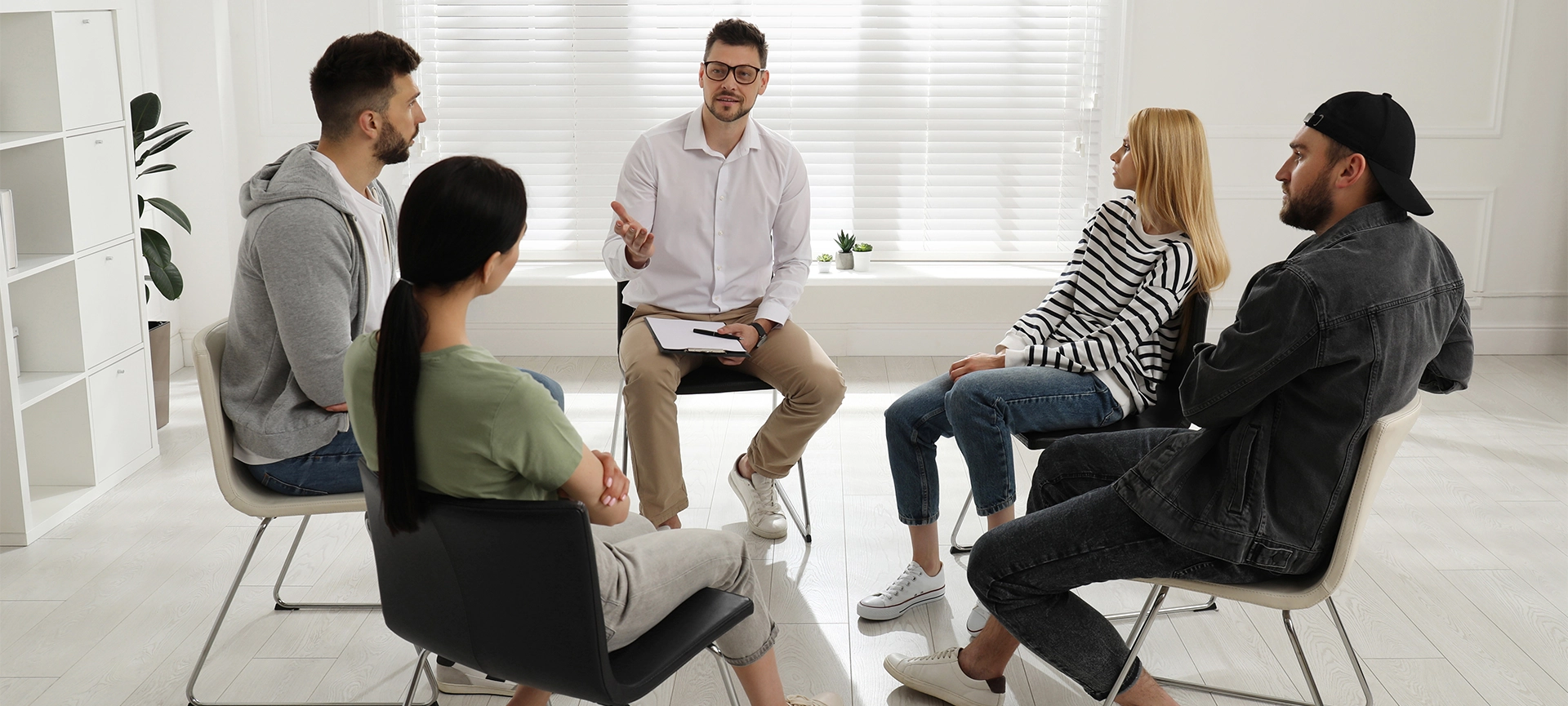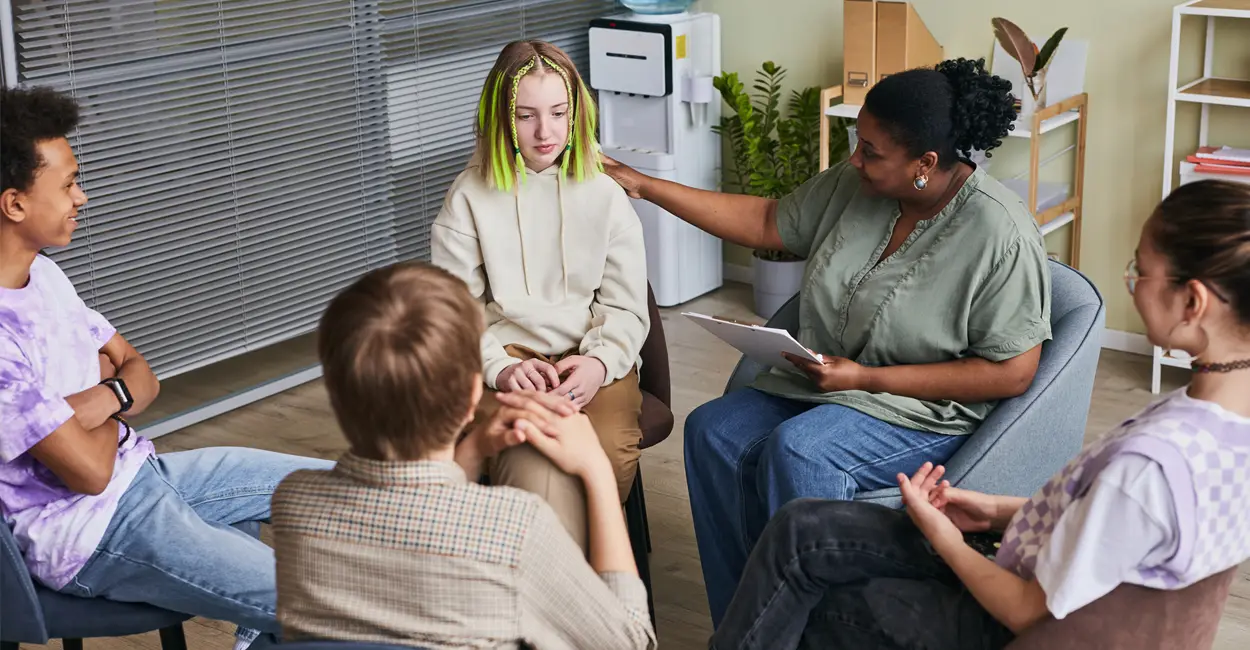24/7 Helpline:
(866) 899-221924/7 Helpline:
(866) 899-2219
Other Insurance Options

MHNNet Behavioral Health

Private insurance

Sutter

Premera

Amerigroup

Choice Care Network

Providence

Access to Recovery (ATR) Voucher
Beacon

United Health Care

GEHA

Absolute Total Care

Medical Mutual of Ohio

Horizon Healthcare Service

Evernorth

Optum

Kaiser Permanente

Molina Healthcare

Self-pay options

Excellus

No Longer Bound
No Longer Bound is a faith-based substance abuse treatment rehab in Cumming, GA for men and families...

Avita Community Partners
AVITA Community Partners is a resource for individuals and families in northeast Georgia experiencin...

The Carter Treatment Center
The Carter Treatment Center offers outpatient and intensive outpatient treatment for individuals wit...







New Hope Counseling
New Hope Counseling is a private rehab located in Cumming, Georgia. New Hope Counseling specializes ...

AA – Alcoholics Anonymous
AA – Alcoholics Anonymous is a non-profit rehab located in Cumming, Georgia. AA – Alcoholics Anonymo...

Metropolitan Serenity House
Metropolitan Serenity House is a private rehab located in Cumming, GA. Metropolitan Serenity House s...

Atlanta Addictive Disease and Psychiatric Medicine
Atlanta Addictive Disease and Psychiatric Medicine is a private rehab located in Cumming, Georgia. A...

New Hope Life Counseling
New Hope Life Counseling is a private rehab located in Cumming, Georgia. New Hope Life Counseling sp...

Abba House
Abba House is a drug and alcohol treatment center that supports women with substance use disorders a...

Recovery Outfitters
Recovery Outfitters is dedicated to providing treatment for young men struggling with drug and alcoh...





